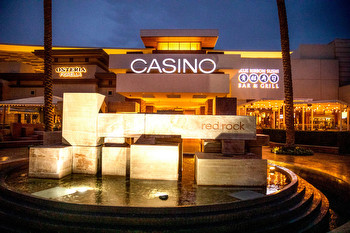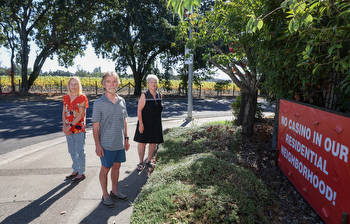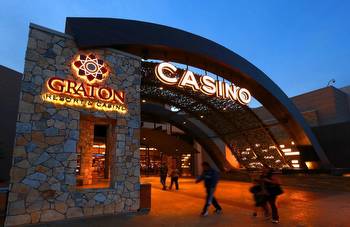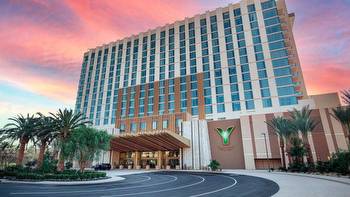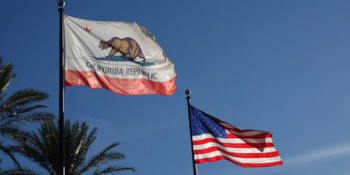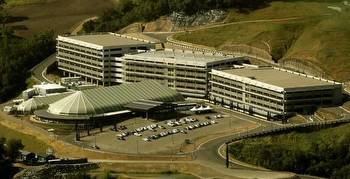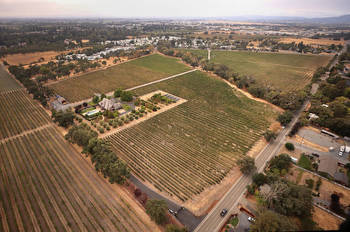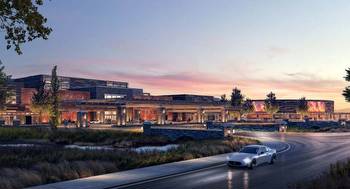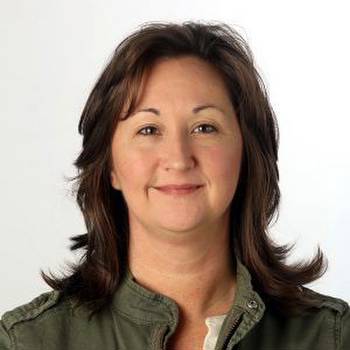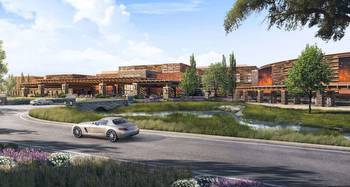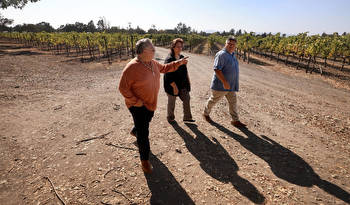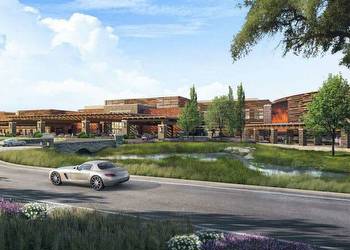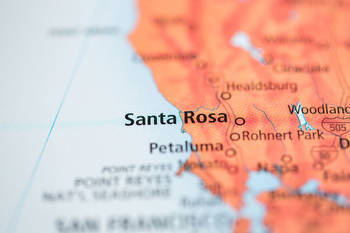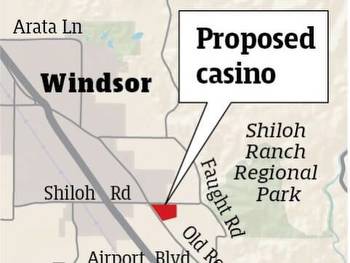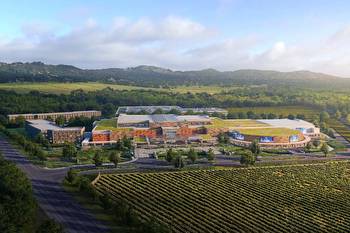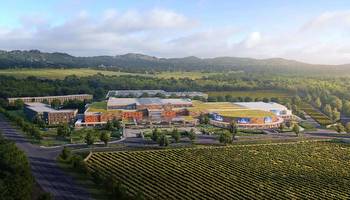Koi Nation announces agreement with carpenters union on proposed Windsor casino

The Koi Nation has secured a powerful ally in its quest to build a 2,500-machine casino and 400-room hotel on property near Windsor that the tribe purchased for $12.3 million in September.
On Friday, the tribe announced a binding letter of intent with the Northern California Carpenters Union.
The agreement ensures that any general contractor selected by the Koi for construction will employ union labor. The Northern California Carpenters Union also includes drywallers, piledrivers and other specialty trade positions.
Jay Bradshaw, executive officer for the union, said in a phone interview that the casino build will employ “hundreds, at least” of union workers.
“I will tell you our experience in putting together this agreement and working with the Koi Nation has been great,” Bradshaw said. “We’re in alignment. This is a fantastic project that will bring a lot of social benefit overall. We think this will be a great revenue generator moving forward once it’s opened.”
Both the tribe and the union also signaled a willingness to train and support Native American laborers.
“This represents not only a commitment to union labor on the project, but also a tremendous opportunity for Sonoma County residents, as well as Native Americans, to be trained in a skilled trade that will help secure their futures,” Dino Beltran, the Koi Nation’s director of development, said in a prepared statement.
The Koi Nation is a federally recognized indigenous tribe, and therefore eligible to run gaming operations. But the road to cutting ribbon on the casino project in the Shiloh area just outside of Windsor city limits is bound to be fraught.
Neighbors in the largely rural community have vowed to fight the project, citing the massive water needs it is likely to entail and the influx of traffic they say would create a potentially deadly situation during wildfire evacuations.
The tribe is equally determined to proceed.
Dino Beltran and his brother Daren have described the historic mistreatment of their people, who were stripped of their barely inhabitable rancheria between Lower Lake and Clear Lake Heights by Congress, which transferred the property to Lake County to make room for an airport. And they argue that their band of Pomo, which numbers about 90 members, has few other means of economic viability.
All agree the Koi will need support to complete the Shiloh project, which will include six restaurant and food service areas, a meeting center and spa, and a live entertainment venue on a 68-acre site. They finalized an important partnership last month when they executed a predevelopment agreement with Global Gaming Solutions, a business owned by the Chickasaw Nation, a tribe that operates 23 casinos in Oklahoma.
The Bureau of Indian Affairs is expected to conduct a series of hearings later this year to affirm whether the Shiloh property is suitable to convey into federal trust, and whether the project meets the requirements of the Indian Gaming Regulatory Act. The final major regulatory step after that would be securing a gaming compact with the state of California.
Part of the approval process will involve weighing community support. The agreement with the carpenters union offers the Koi a political ally in whatever public battles lie ahead.
The Federated Indians of Graton Rancheria, who own the Las Vegas-style Graton Resort and Casino near Rohnert Park, also used unionized contractors to built its $825 million gambling resort near Rohnert Park.
The tribe has voiced their disapproval of the Koi project. Graton tribal chairman Greg Sarris called the Shiloh casino “an egregious attempt at reservation shopping outside the Koi Nation’s traditional territory and within the territory of other federally recognized tribes.”
The Graton casino, one of the largest local private employers, also is a member of Unite Here, a union that represents 300,000 workers across the U.S. and Canada in the hotel, gaming, food service, manufacturing, textile, distribution, laundry, transportation and airport industries.
You can reach Phil Barber at 707-521-5263 or phil.barber@pressdemocrat.com. On Twitter @Skinny_Post.








